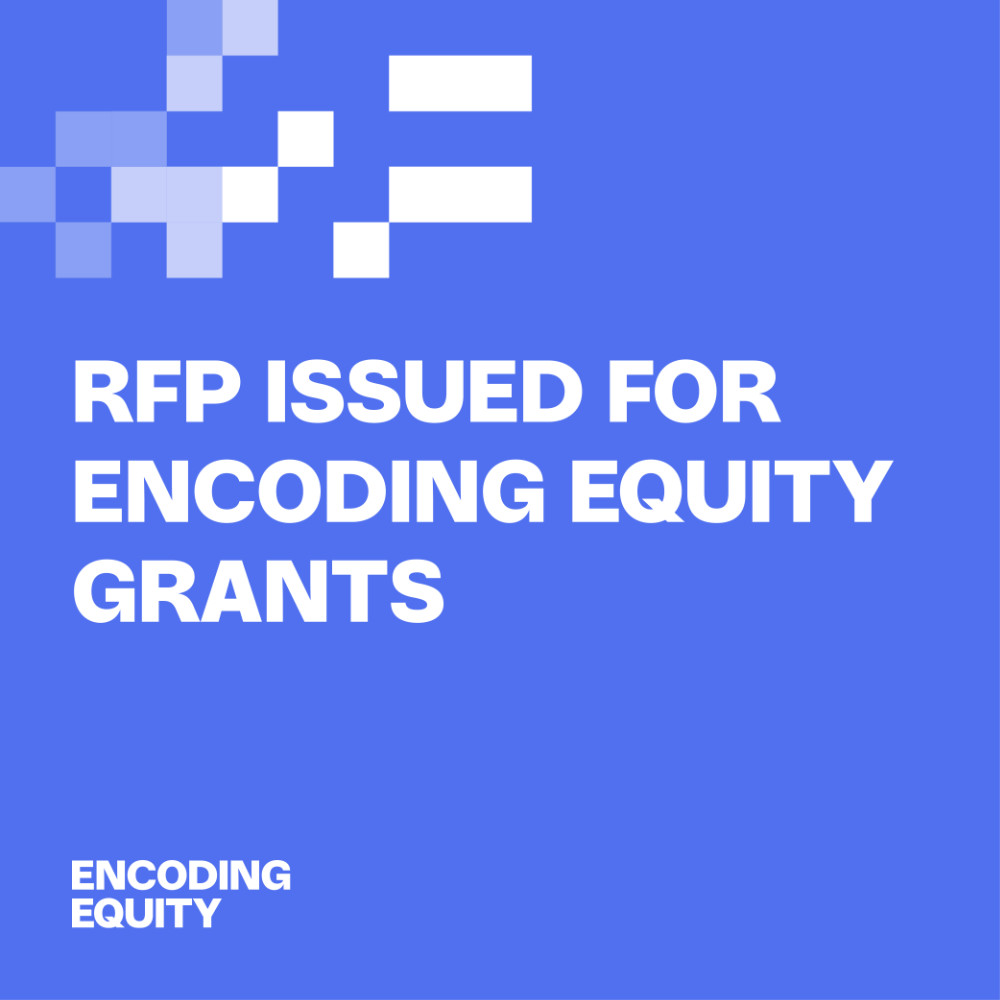Encoding Equityin Clinical Research & Practice Rethinking race in clinical algorithms

There is a growing consensus that using race as a biologic factor in clinical decision-making tools may be harmful to patients.
A national drive to boost awareness of this issue is long overdue, so we’re working together to ensure that clinical decisionmaking tools, including clinical guidelines and algorithms, reflect unbiased and valid evidence. Our goals include changing the way in which race is considered in research design and ensuring that all patients experience the best possible health outcomes.

We Believe Inaction is Unacceptable.
Driving change, with rigor and relevance.
Amplify Progress
We amplify the work of many leading organizations – from national and regional health groups to medical specialty societies – that are working to assess the impact of race in guidelines and algorithms, revise these tools when appropriate, and put them into clinical practice.Discover Organizations in ActionDrive Knowledge
We educate, inform, and drive stakeholder communities toward rigorous research and evidence on the use of race in clinical guidelines and algorithms and their impact on outcomes for all patientsParticipate in activities and eventsDevelop & Share Best Practices
We develop research, clinical, and communication strategies; provide guidance on the appropriate use of race in clinical research; and share best practices to unify the work going on in this field across medical disciplines to build a robust, connected community of practice.Join our community of practiceRaise Awareness
We underline the urgent need driving our work by amplifying the importance of rigorous, evidence-based research, highlighting the impact on patients, and educating a wide range of audiences that have the ability to take action.Explore news and publications
Join us

Encoding Health Equity Summit 2025
June 24, 2025

Specialty Society Grant Program
July 2025

The challenge demands all hands on deck.
Funders
who can incentivize research behavior.
Medical Societies
who create guidelines, algorithms, and clinical guidance for practice.
AI/ML Community
that can develop tools to assess bias and fairness in algorithms.
Publishers
who inform and incentivize researchers, and can codify advances.
Researchers
who can ensure that race is appropriately used in current and future clinical research
Patient Groups
who advocate for better care, access, and support.
Individuals
because advancements in research and care ultimately affect everyone.
Ready to learn more and take action?
Learn More
